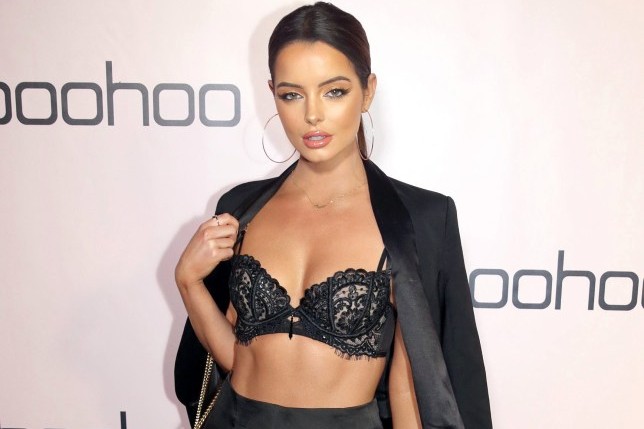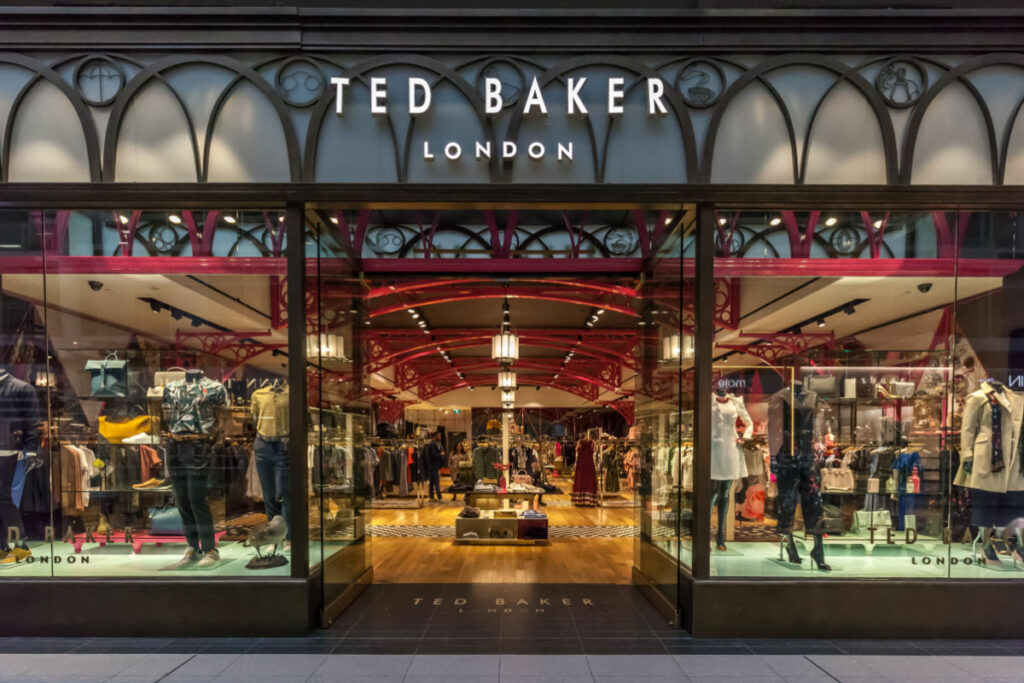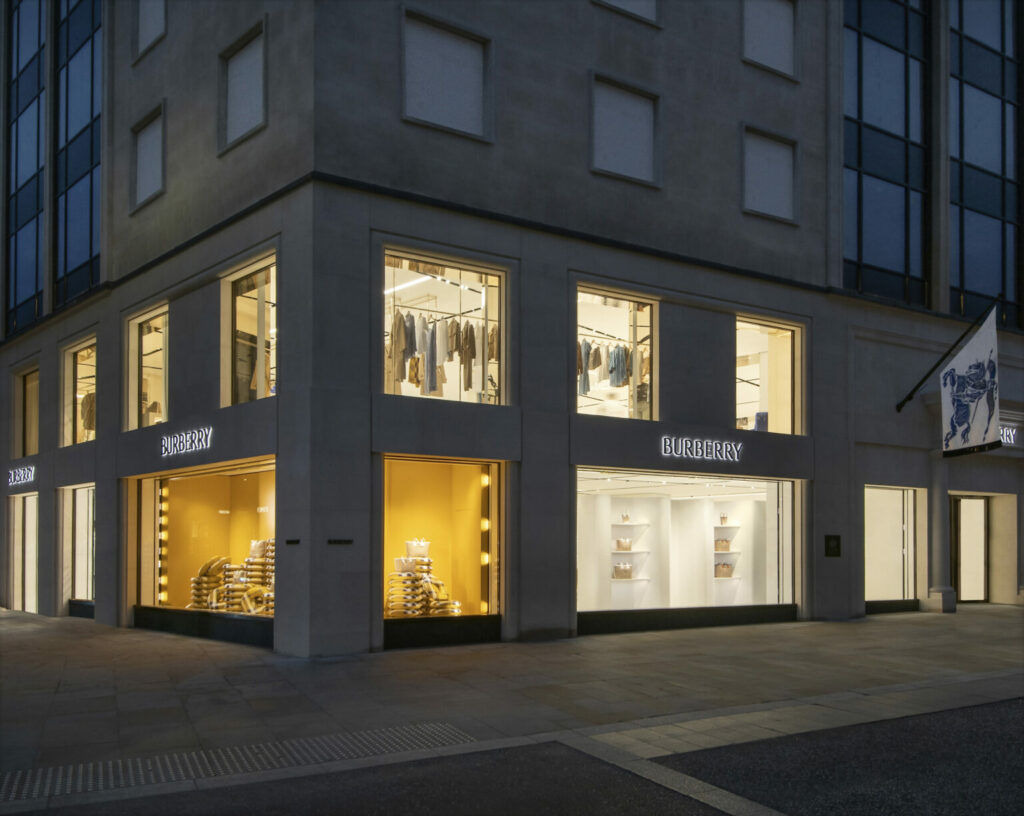It’s no secret that fast fashion retailers often rely on social media influencers – especially those who happen to be reality TV stars – to promote their collections. From Love Island to The Only Way Is Essex, the strategy of drafting in Z-list celebrities to give marketing campaigns a slight edge is a common one.
But what happens when those reality TV shows are either cancelled – or at least postponed? Especially when a show like Love Island pulls in millions of viewers per week?
To the fast fashion industry’s dismay, ITV announced earlier this month that it was postponing the filming of Love Island to 2021 due to the coronavirus pandemic. Over the past couple of years, the programme has provided a plethora of marketing opportunities through sponsorship, product placement and social media deals, which retailers were able to utilise in order to boost engagement.
Many retailers targeting 16-24 year olds will have been banking on their Love Island partnerships to draw in new customers this summer. With the Covid-19 pandemic affecting the fashion industry at full force, retailers are scurrying to find ways to drive sales without the benefit of reality TV.
Retailers like ISawItFirst, Boohoo, Missguided and Superdrug saw significant increases in profits through these sponsorship deals, which allows them to promote make-up products or clothing featured on the reality series. Contestants would don the latest collections from sponsor brands and as a result, this helped boost profits for retailers through the vast influence the likes of Love Island has on its viewers’ shopping choices.
For example, last year’s Love Island winner Amber Gill drove Boohoo-owned label MissPap’s annual sales to £1 billion for the first time in October.

“Love Island has seen great success over the years both in terms of viewing figures and social engagement, which makes the show particularly appealing to fast fashion retailers,” Daniel Footwear head of ecommerce Mark Buxton said.
Despite the popularity of fast fashion, it has brought with it a number of complications – the most notable being fashion waste. An estimated £140 million worth of clothing goes into landfill each year, according to environmental charity Wrap UK, with fast fashion being one of the main drivers.
Looking at the fast fashion factory system up close and measuring the impact it has on human life doesn’t look all too reassuring, either.
In 2013, Bangladesh saw its Rana Plaza factory collapse, which resulted in the deaths of 1134 people, with more than 2500 injured. Rana Plaza was a building that contained multiple clothing factories, manufacturing items for the likes of Benetton, Mango, Matalan, Primark and Zara.
Leah Hanrahan, founder at fashion consultancy firm Fashion Cultivator, said now was the time for fashion retailers who rely on reality TV to “think outside the box” and find a more responsible way to generate sales.
“Wearing something once and then never again as you see on Love Island is an attitude that’s supported by many fast fashion retailers,” she said.
“It just isn’t feasible in today’s world. We need to encourage consumers to shop consciously and for longevity.
“If these retailers pushed this message to their global audiences, the positive impact could be phenomenal.”

Fujitsu’s retail director Paul Kirkland agreed, highlighting how consumer behaviours have significantly changed during the lockdown.
“Being seen to prioritise the wellbeing of staff, the health and safety of customers and cater for the needs of vulnerable people is now as important to a retailer’s reputation and awareness as any marketing partnerships,” he said.
“Consumers are increasingly looking to buy from retailers which are seen to ethically source materials, support local business and key workers, and ultimately keep people safe, rather than for those with social media endorsements.”
“We need to encourage consumers to shop consciously and for longevity”
Amy Jackson, business director at marketing firm Incubeta, said fast fashion retailers were not as heavily reliant on Love Island as initially thought. She said the show’s main sponsors evidently benefit from its success, both from a brand awareness and revenue perspective, but the majority of fast fashion retailers already have their finger on the pulse with the items and trends their demographic seeks.
“Regardless of Love Island being cancelled this year, fast fashion retailers are now challenged with an excess of summer stock, due to a lack of demand as a result of Covid-19,” Jackson said.
“The core products which are highly influenced by Love Island are bikinis, summer dresses and product placements such as caps, accessories and sun cream.
“Although the cast of the show do bring their own clothing to the set, they are required to wear a certain amount from a sponsored brand.
“These pieces tend to sell out almost instantly, so arguably the halo effect of cross-product conversions and basket increases on site may be affected the most.
“To be able to continue the promotion of their ranges, there are several platforms fast fashion retailers could look to adopt in order to reach the masses, especially influencer marketing.
“With Love Island not going ahead this year, retailers could still invest in this area with previous Love Island contestants or ‘lookalike’ influencers.”
“Fast fashion retailers are now challenged with an excess of summer stock”
Jackson added that the right step for retailers now would be to use the money they’ve saved from sponsorship, such as reinvesting in digital marketing efforts to get as much stock out the door as possible.
Meanwhile, due to travel restrictions and the likelihood that Brits won’t be able to travel overseas until at least 2021, co-founder of online price tracking website Alertr, Andy Barr, argued that fashion retailers will undoubtedly struggle with sales this year.
“A brand-new holiday wardrobe will not be a priority for those who’d typically watch Love Island for style inspiration, and retailers like ISawItFirst will arguably struggle to replicate the level of sales they’ve become accustomed to since partnering with the show,” he said.
Barr said there were many other initiatives fashion retailers could take to show their customers that they can easily get back on track post-lockdown. These include keeping followers updated on social media to remind them the brand was still present, releasing new lines and products, upping paid advertisements with celebrity influencers, or dedicating some of ad spend into other shows looking to replace the Love Island-shaped hole in customers’ lives this summer.
Undoubtedly, fast fashion retailers are using digital to its fullest extent during lockdown and while shoppers are buying less going-out gear and more staying-in outfits, they are continuing to trade well.
The major players and growers in the market such as Boohoo, which has ushered in flash 50 per cent off sales, already know their shoppers well and talk to them directly every day whether that’s through Instagram or Twitter – and this will continue. That means that if Love Island falls by the wayside, they are poised to benefit from other social media and consumer trends in its place.
It also appears that while these retailers banked on Love Island for a boost, they did not put all their eggs in one basket. It may be tough to replicate the immediate impact of TV, but these retailers should look at econometric data and dig through attribution models to understand the impact that other channels would have on customer acquisition, new product launches, and new collaborations.
Click here to sign up to Retail Gazette’s free daily email newsletter

















